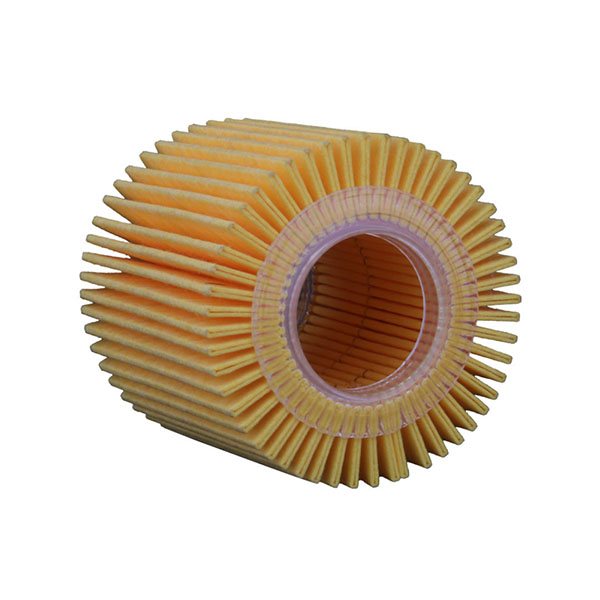Aug . 17, 2024 11:43 Back to list
Cooking Oil Filter Price Guide for Restaurants and Home Use
The Importance of Cooking Oil Filters and Their Pricing
Cooking oil plays a crucial role in culinary practices around the world, enhancing flavors and ensuring food is cooked to perfection. However, the quality of cooking oil can significantly deteriorate if not properly filtered and maintained. This is where cooking oil filters come into play. These filters are essential for both home cooks and commercial kitchens, ensuring that cooking oil remains clean and safe for food preparation. In this article, we will delve into the various types of cooking oil filters available and discuss their pricing to help you make an informed decision.
Types of Cooking Oil Filters
Cooking oil filters come in various types, each designed to cater to different needs and preferences
.
1. Mesh Filters These are the most basic type of filters made from fine mesh materials that trap large particles from the oil. They are reusable, making them a cost-effective option for home cooks. Mesh filters are available in various sizes and can often be found at affordable prices, typically ranging from $5 to $20.
2. Paper Filters These filters offer a finer level of filtration compared to mesh filters. Made of high-quality paper, they effectively remove smaller particles and impurities from the oil. Paper filters are usually disposable, which adds convenience but can lead to higher costs over time. Pricing for paper filters varies, but a pack of 50 filters can cost between $15 to $30.
3. Carbon Filters For those looking for advanced filtration, carbon filters are an excellent choice. These filters not only capture solid particles but also significantly reduce odors and contaminants in the cooking oil. Carbon filters are ideal for commercial kitchens where oil needs to be reused multiple times. The cost of carbon filters can range from $30 to $100, depending on the brand and quality.
cooking oil filter pricelist

4. Centrifugal Filters These are specialized filters used mainly in commercial settings. They work by rapidly rotating the oil to separate impurities without wasting any oil. Centrifugal filters are efficient and effective, but they come with a higher price tag, often ranging from $500 to $2,000 depending on the model and brand.
Factors Affecting Pricing
When considering the price of cooking oil filters, several factors come into play
- Type of filter As mentioned, different types serve different purposes and come with varying price ranges. - Brand reputation Established brands often offer products that are more reliable and durable, which may result in higher prices. - Material quality Higher-quality materials will generally lead to a more robust filter, capable of better performance and longer service life. - Purchase volume Buying in bulk often leads to discounts, making it more economical in the long run.
Conclusion
Investing in a quality cooking oil filter is essential for maintaining the longevity and safety of your cooking oil. With various options available, from simple mesh filters to advanced centrifugal systems, there is something for everyone, whether you're a home cook or a professional chef. Prices can range significantly based on the type of filter, material quality, and brand, but taking the time to select the right one for your needs will pay off in the quality of your cooking. By filtering your cooking oil effectively, you not only enhance the taste and safety of your dishes but also contribute to more sustainable cooking practices by maximizing the use of your oil.
-
Premium Air Carbon Filter for Odor Removal & Pure Air
NewsJun.07,2025
-
PLCB-500 CE Certified Full-Auto Cabin Air Filter Gluing Machine
NewsJun.07,2025
-
Napa Gold 4003 Wix 24003 Premium Oil Filters for Engine Protection
NewsJun.07,2025
-
CE Certified Truck Air Filter Machine Line - Automated & Efficient
NewsJun.06,2025
-
Caterpillar Truck Engine Fuel Filters High Performance & Long Life
NewsJun.06,2025
-
Premium Metal Fuel Filter Durable & High-Flow Filtration
NewsJun.06,2025
